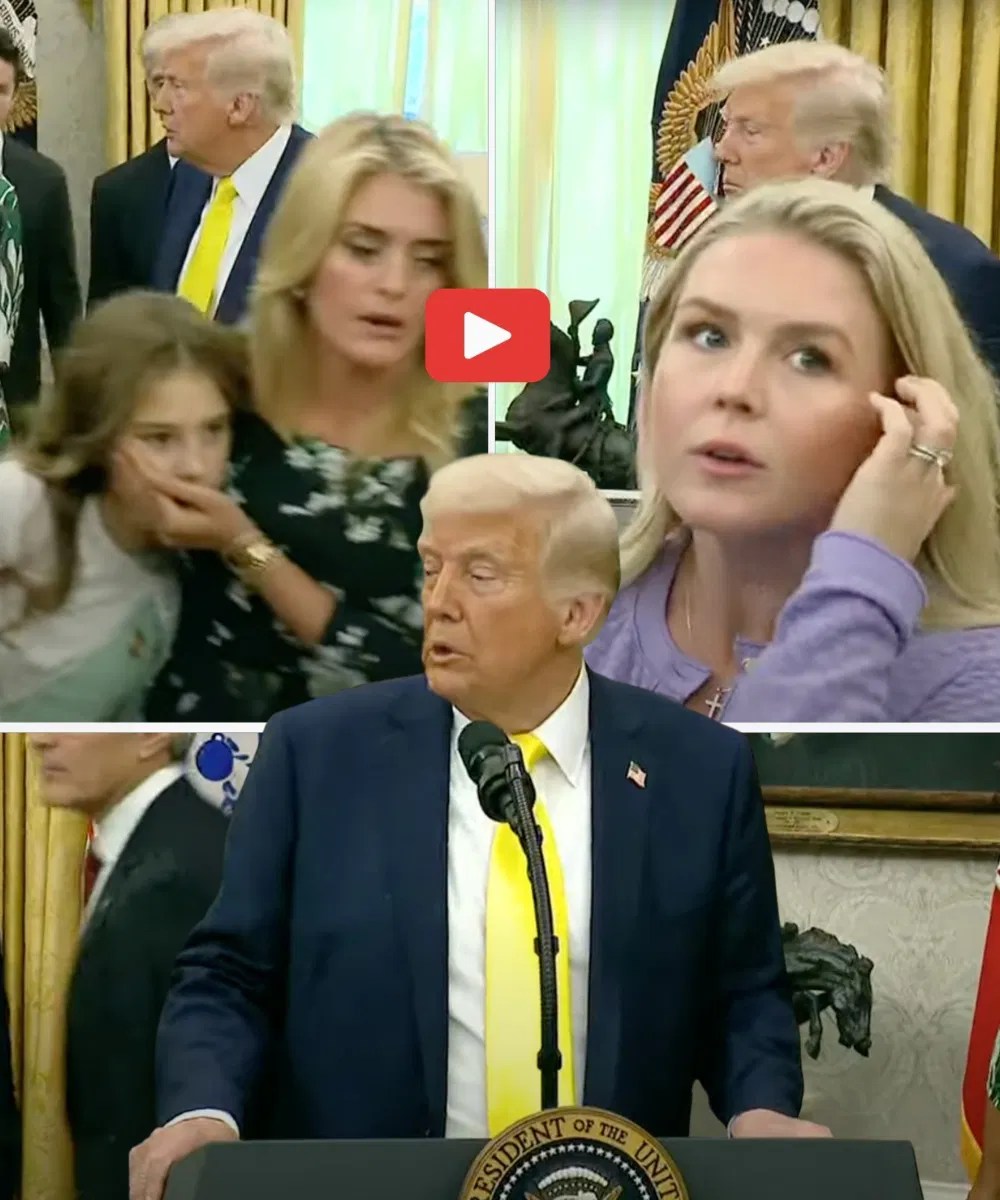Protecting a high-profile figure like Donald Trump presents unique challenges, and the Secret Service has faced numerous difficulties in ensuring his safety. One of the most alarming incidents was when a bullet grazed Trump during a campaign rally, raising serious concerns about the effectiveness of his security detail. This incident, along with the persistent threats against him, has led to an ongoing and complex effort to safeguard the former president.

Struggles with Security Resources
One of the key challenges the Secret Service has encountered is the struggle to secure additional resources. Trump’s team has frequently clashed with the agency over the adequacy of security at various venues, resulting in the cancellation or rescheduling of events. The denial of these requests has caused tension, highlighting the difficulties in meeting the unique security needs of a figure as high-profile and controversial as Trump.
Competency Concerns
The assassination attempt has cast doubt on the competency of the Secret Service, as they failed to prevent the gunman from taking a shot at the former president. This failure has led to a reevaluation of their security protocols and the immediate implementation of enhanced measures at Trump’s events and residences.
Enhanced Security Measures
In response to the increased threats, the Secret Service has heightened security around Trump, including the use of bulletproof glass at outdoor events. These measures, while sometimes met with dissatisfaction from Trump himself, are recognized as necessary to ensure his safety.
Challenges at Private Clubs
Protecting Trump at his private clubs, such as Mar-a-Lago, presents additional challenges. The Secret Service has struggled to manage his interactions with guests and unauthorized individuals, given Trump’s desire to maintain a public presence. This complicates their efforts to control his environment and ensure his protection.
Outdated Manual and External Threats
An outdated protection manual has also hindered the Secret Service’s ability to adapt to Trump’s high-profile status and frequent public appearances. Additionally, specific threats from Iran have added to the complexity of their task, requiring constant vigilance and adaptation.
A Complex and Ongoing Task
The protection of Donald Trump remains a challenging and evolving task for the Secret Service. Despite the implementation of enhanced security measures and additional resources, the agency continues to face significant obstacles in ensuring his safety in the face of persistent and evolving threats.

Celine Dion’s Stand Against Trump
In a related story, Celine Dion’s decision to prevent Trump from using her music without permission underscores the intersection of politics and pop culture. Dion’s refusal to allow her iconic song, “My Heart Will Go On,” to be used at Trump’s rallies is part of a broader movement by artists to protect their intellectual property and artistic integrity from unauthorized political use.
Dion’s actions, along with those of other artists like the Rolling Stones and Rihanna, reflect a growing trend of celebrities asserting their rights against political figures who use their work without consent. This movement highlights the increasing importance of respecting intellectual property in the political sphere and the power of celebrity voices in shaping public discourse.
The Broader Implications
As politics and pop culture continue to intersect, the actions of figures like Celine Dion emphasize the need for a balance between artistic integrity and political engagement. Dion’s stand against Trump not only protects her work but also sends a strong message about the importance of creative autonomy in an era where the lines between entertainment and politics are increasingly blurred.
This ongoing dynamic will likely influence how other artists and public figures navigate their roles in the political arena, either by following Dion’s lead in defending their work or by choosing to engage more directly with political movements. The impact of these decisions will continue to shape the evolving relationship between culture and politics in the years to come.



